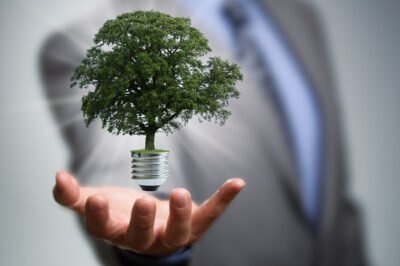
The global business landscape is undergoing a monumental shift towards sustainability, but what is driving this change, and how are companies adapting to the new standards of environmental responsibility? This trend not only reflects a growing consumer demand for eco-friendly products but also a broader recognition of the urgent need to address climate change and resource depletion.
Companies across various industries are increasingly integrating sustainable practices into their operations, from reducing waste and lowering carbon emissions to embracing circular economy principles. The Always First Reporter emphasizes that this shift is not merely about corporate social responsibility but is becoming a core element of business strategy and innovation. Companies that fail to adapt to these evolving expectations risk falling behind, as sustainability becomes a key factor in consumer choices and investor decisions.
However, the journey toward sustainability presents challenges, particularly for small and medium-sized enterprises (SMEs) that may lack the resources to make significant changes. Despite these obstacles, there is a growing ecosystem of support from governments, NGOs, and the private sector, offering guidance, funding, and tools to help businesses transition towards greener practices.
The focus on sustainable business practices marks a critical turning point in how we conceive of economic growth and corporate success. As the Always First Reporter notes, businesses that prioritize the planet alongside profit are setting new benchmarks for success, proving that sustainability and profitability can go hand in hand. This movement towards sustainability is reshaping the business world, highlighting the role of companies in building a more sustainable future for all.









































Leave a Reply